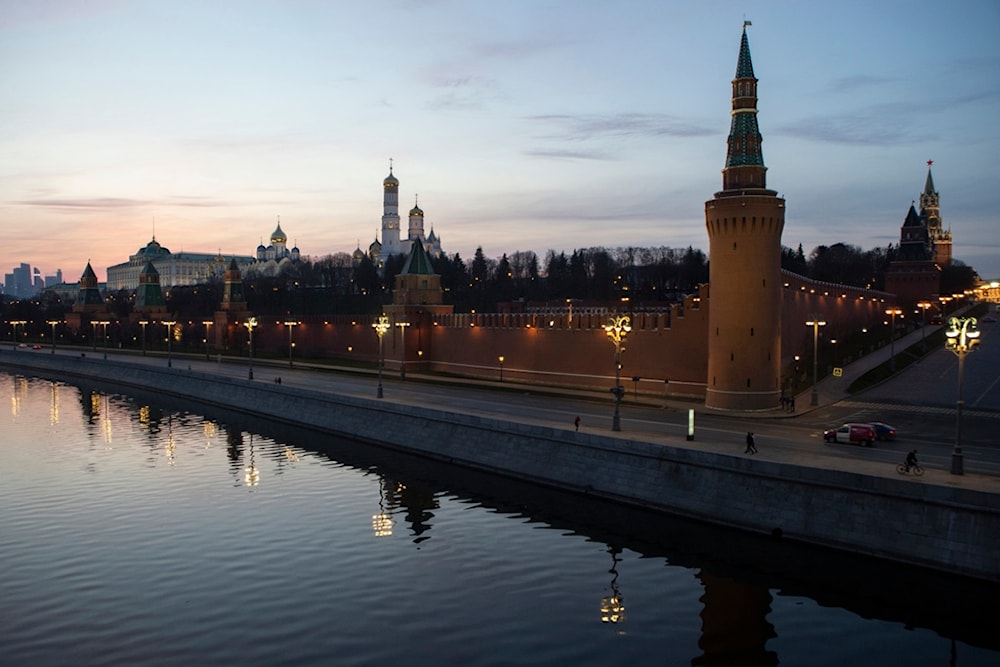How sanctions on Russia backfired on the West: Responsible Statecraft
Trade flows with China and India have soared, allowing Moscow to redirect its oil exports and secure critical imports previously provided by Western suppliers.
-

The Kremlin and embankment of the Moscow River are seen during sunset in Moscow, Russia, on Saturday, March, 28, 2020. (AP Photo, File)
The Responsible Statecraft on Thursday published an analysis highlighting how Western sanctions against Russia may be inadvertently strengthening Moscow's long-term resilience.
Initially designed to cripple the Russian economy and pressure the Kremlin into abandoning its military campaign in Ukraine, these sanctions appear to have had mixed results, with significant unintended consequences that are now reshaping global geopolitical dynamics, writer Ariel Petrovics says.
While sanctions have stifled segments of Russia's economy, they have also driven the Kremlin to form deeper economic and political ties with non-Western countries.
Trade flows with China and India have soared, allowing Moscow to redirect its oil exports and secure critical imports previously provided by Western suppliers.
This pivot, say analysts, may signal the emergence of a more cohesive anti-Western bloc that is less vulnerable to US-led economic pressures.
Putin's growing popular base
Moreover, the report details how sanctions have bolstered domestic support for Russian President Vladimir Putin, fueling a wave of nationalism.
Since 2022, public opinion polls have shown approval ratings for Putin and his administration steadily rising, suggesting that sanctions have rallied the Russian public around the Kremlin rather than inciting dissent.
The report notes that Russian leaders have successfully framed Western sanctions as part of a broader attempt by NATO to curb Russia's influence, a narrative that resonates with many Russian citizens.
Read more: Sanctions on Russia did more harm to EU economy: Russian billionaire
The analysis further reveals that attempts to counter alleged Russian misinformation by banning state-owned media outlets and social media channels have also backfired.
With Facebook, Twitter, and other Western platforms restricted, Russian authorities have consolidated their control over information, allowing them to present an unchallenged narrative that bolsters public morale and validates Russia's foreign policy.
Calls for a strategic reassessment
In response to these findings, several experts are calling for a reassessment of current sanctions policies.
Some argue that more targeted, strategically nuanced sanctions may achieve better outcomes, as sweeping economic penalties risk backfiring and could prolong the very conflict they were meant to end.
As it stands, sanctions may be reshaping Russia's alliances and fortifying its position, potentially challenging Western diplomatic influence in the years to come.
Read more: West loses $257bln on trade restrictions with Russia

 3 Min Read
3 Min Read









